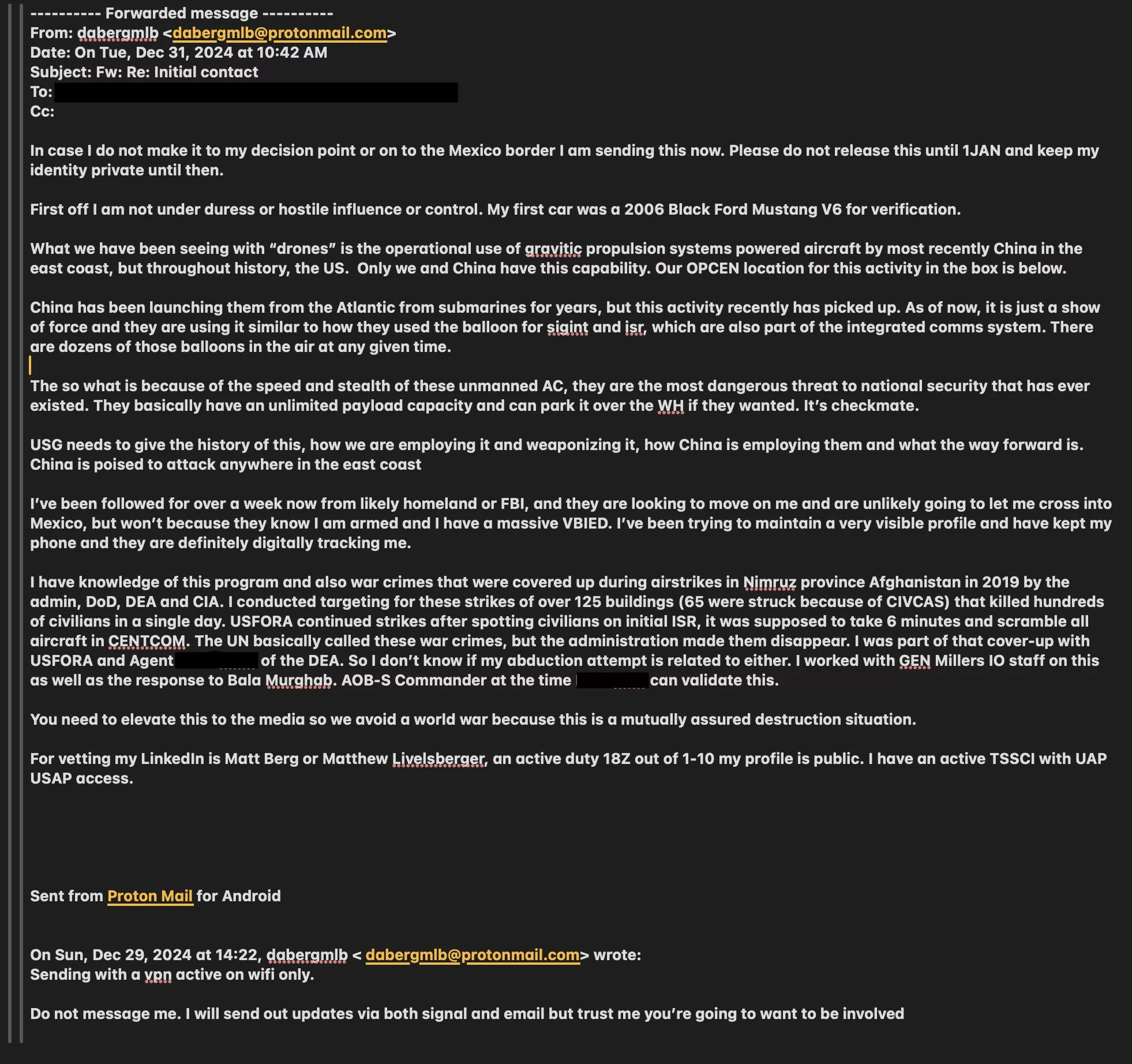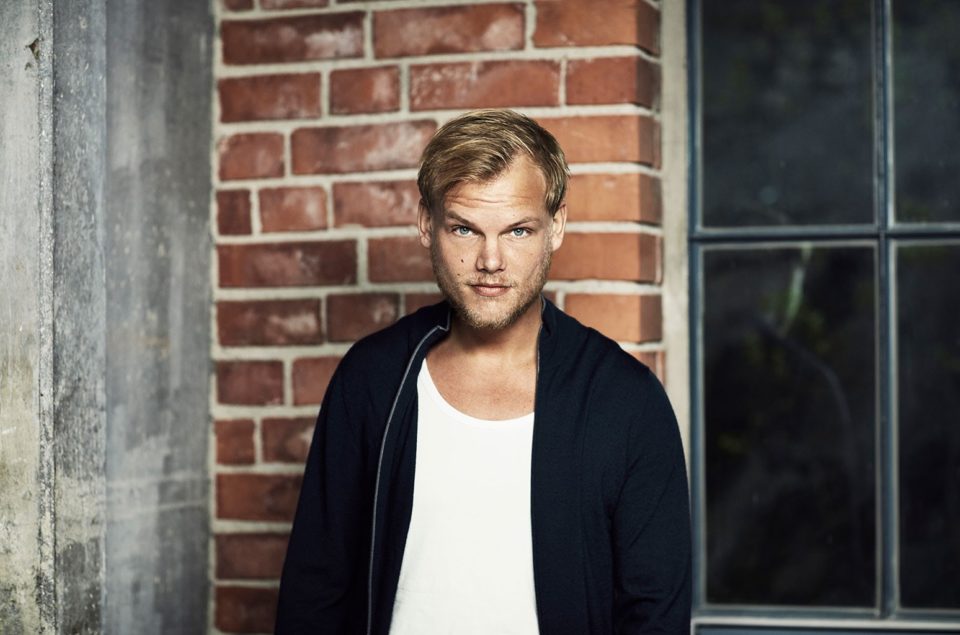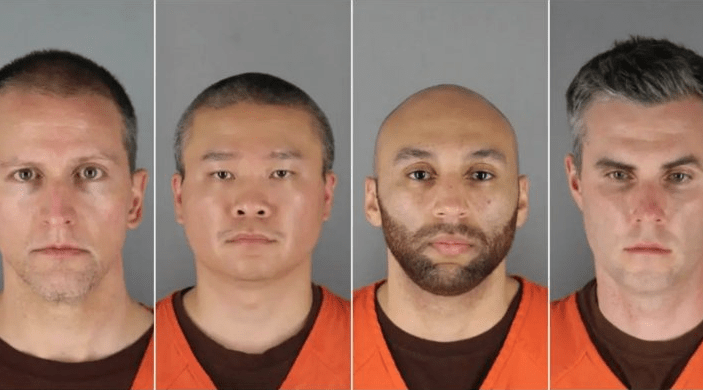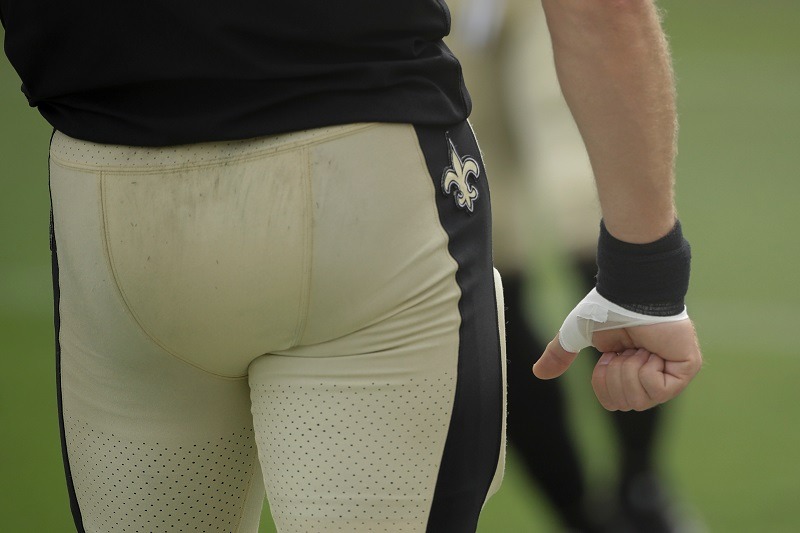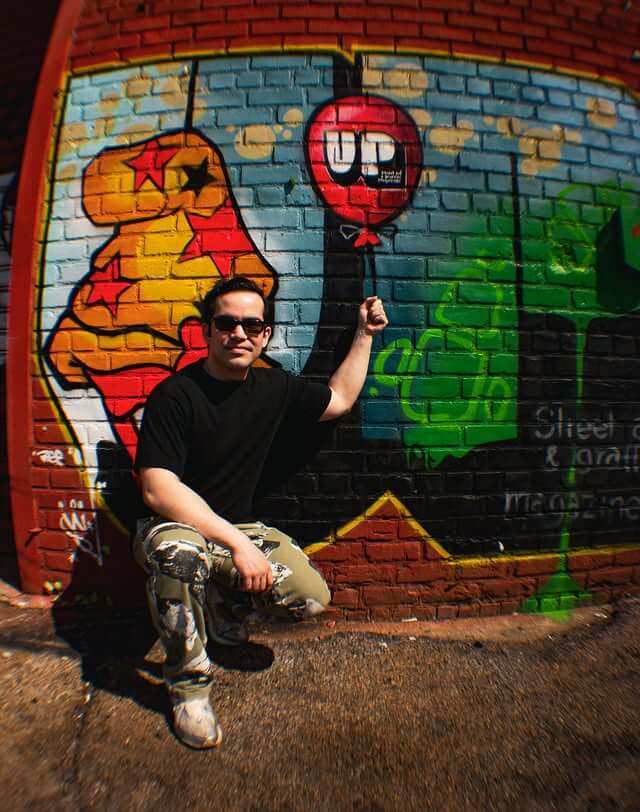Dia Simms, the CEO of Lobos 1707 Tequila & Mezcal, is at the forefront of the spirits industry. Simms highlights the magic of women, leading one of the growing and industry-leading brands in the spirit industry, and her own personal dominance by leading another company to heights.
Before taking over Lobos 1707 as the leader of the wolfpack, Simms led Combs Enterprises as the first President in its 30-year history. Demonstrating that being a minority in a male-dominated industry was not a hindrance, Simms flourished in the Combs empire, leading the CÎROC Vodka brand, along with Bad Boy Entertainment and more. Her work at CÎROC developed the brand into its current $2 billion valuation.
Dia Simms is also the Co-Founder of Pronghorn, an independent organization committed to assisting the future of Black founders and entrepreneurs in order to increase diversity within the spirits industry. The effort will lead to an industry-shaking $2.4 billion in economic value for the Black community by 2030.
Advertisement
In conversation with The Source for Women’s History Month, Dia Simms talks about taking the driver’s seat at Lobos 1707 Tequila & Mezcal, her work at Pronghorn, how all businesses should be all in on women’s leadership, and more.
The Source: A simple question upfront, how does it feel to be a member of the Wolf Pack?
It feels wonderful, and it’s actually really reassuring with all that is happening in the world. We’re all so fortunate to be working at something, like my core mission, who are kind, extremely hardworking, and committed to winning, but not at the expense of kindness. I don’t take it for granted. I feel really privileged that I can choose what I want to work on. I wouldn’t choose anything different than being surrounded by Diego and our incredible investors like LeBron [James], Arnold [Schwarzenegger], Lindsay Vaughn, and the incredible women executives that I work alongside, many of whom I have worked with for many years. Very much in the spirit of what it means to be a wolf pack in terms of community, caring for one another, and true leadership within the industry aligned with an award-winning spirit has diverse ownership. I’m having the time of my life. I really, I really mean that.
That’s amazing. Diving into that, you’re no stranger to the spirits industry. You’ve led plenty of brands to heights. What lets you know that Lobos 1707 was the next spot for you?
Two things: one sip and the second thing was the truth of the story of the brand. When you’re in the business of brand building and marketing, it is our job often to tell stories, but sometimes that includes story creation and crafting. The thing I actually really love about this brand is we just tell the truth all the time. We just tell the history of our founders’ family from the 17 hundreds and why every single expression has a shared finish, which is why we won over 40 awards in the last nine-month period of time. When I first met our founder, he said, “I’m allergic to gimmicks.” And I was like, oh, yeah, that’s where I want to be. I want to have a gimmick allergy. The fact that every single thing on the bottle actually means something is really thoughtful and then when you crack open the bottle, you can actually experience that truth. Just how incredible the liquid is.
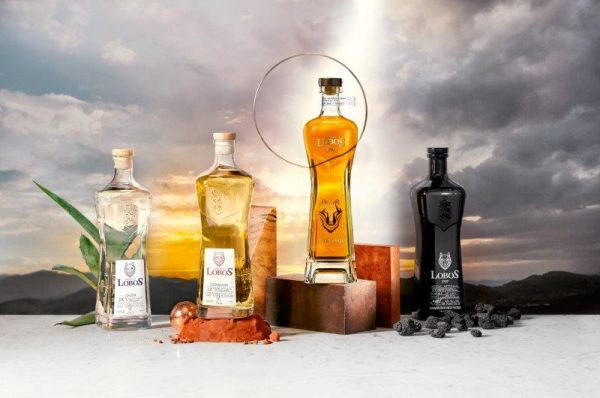
I think a lot of people are starting to experience that. We’re seeing an expansion of the Lobos 1707 brand across sports and music culture, and of course, that trickles into a consumer. I feel like many would try to give a disservice to the work of you and the brand by saying, “oh, you got LeBron and Draymond [Green] and all of these famous people pushing the brand. It’s easy for them.” But I know it’s not. What is in that strategy of ensuring that imprint is across those specific markets, and how does it challenge you to make sure that presence is felt?
Listen, today’s consumer is very smart. There’s nobody, I think, famous enough to consistently trick a customer with a half-ass product for a long time. Maybe one time, maybe two shots, but there’s a graveyard of celebrity brands that did not work. It’s not enough just to say, “oh, I’m famous. Try this.” When you try it, it actually has to be incredible. We are fortunate enough that the product is the heartbeat, it is the first in the original star. And LeBron, just like me, fell in love when he had the first sip and said sign me up. I’m writing a check. This is a place I want to be. And it represents a lot of the way he’s moved in his life, right? His same high school crew is now killing it in their own way. It’s the Wolf Pack spirit. So it certainly isn’t easy, but I think, more importantly, I’m super grateful, of course, to access the audience that LeBron, Draymond, and Arnold bring to the table. But more importantly, I would never invite anybody to participate in a product that I stood behind if I couldn’t commit to the promise of that product.
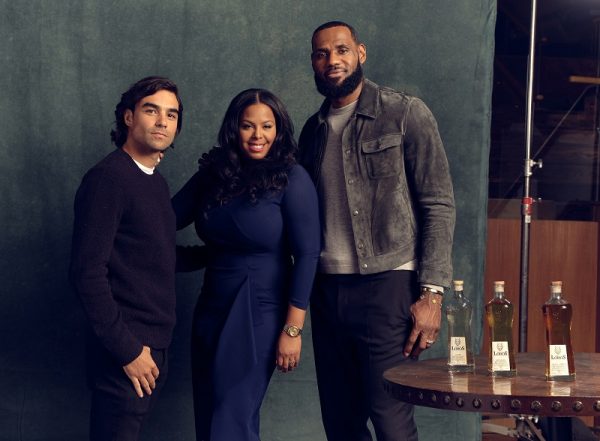
You mentioned the importance and power of having a woman executive team with you earlier. How is that bond, and what fostered the creative area to show that women really matter in this space?
First of all, I’m grateful for the women’s team. Women lead the team at Lobos 1707. But it is much bigger than Lobos, right? There’s been a gazillion studies that just continually show that when you have women in leadership, it’s very simply good for business. You just have higher profits, more innovation, and better retention. As a responsible business person, if you are looking around and you don’t have significant representation of women in your leadership and throughout your ranks, you’re actually doing a financial disservice to your company. Women are not even a mathematical minority. So you almost have to be intentional about not having women. I challenge any business owner, investor, and meaningful stakeholder, and look at your team. If it’s not somewhere in the neighborhood at 50% of women leadership, you’re just losing money.
So this is a two-part question. Taking on a new spot, coming over from the heights of a presidency with Combs Enterprises, were there any fears in transitioning to new opportunities? And how do you internally access what you need to be successful in that new position?
I grew up constantly being told we move with faith, not fear. I’m not easily scared. So I wouldn’t say that there was fear in the transition because I kind of think what was meant for me is meant for me. What was exciting and something I do love to do is build things from scratch. And that’s just my geek nerd side I absolutely enjoy. We come up with a concept that nobody had ever heard of and then put together the bricks, the mortar, and the branding. The excitement to invite people to an experience and watch something go from a piece of paper or whiteboard, a brainstorm, to a globally recognized product. And don’t get me wrong, there are scary challenges on that journey, but I love to do it.
You’re serving an important role in the community. What is required for you to balance the importance of the Lobos 1707 brand and also leading Pronghorn to promote diversity across the entire spirits industry?
Well, listen, Lobos is a manifestation of what Pronghorn stands for. It is a case study, an economic case study of a diverse-owned brand that’s commercially successful. When we launched in our first 12 months, we tripled our forecast, and that was because of that diversity. The idea of Pronghorn is to serve as a template on how to effectively diversify any industry, starting with the Black American community and the spirits industry. Lobos 1707 essentially is a hallmark of what we’re doing and planning for, and we’re investing in 57 Black-owned founders.
In the spirits industry, Black Americans are well represented on the consumption side, nearly absent at the ownership and executive levels. So why not change that? What does that take? How do you recruit those people? What’s the math of it? A stat that I say all the time, a two-part stat, where the average white American is worth 13 times more than the average Black American is worth with that group. If you double-click into that group of people that own anything, that multiple is now three times. So even right now, with all the historical systemic inequities, owning anything, a nail salon, a couple of stocks puts you on a much higher path to have a meaningful net worth. When you double-click again on that Black community who owns anything, the average Black person who owns something is typically worth 12 times what the average Black person who owns nothing is in America. So we all talk about having a lot of good intentions about changing the world but don’t talk enough about ownership, entrepreneurship, and economic underpinning
So we invested in 57 Black-owned founders, driving 1,800 new Black American employees at the top suppliers in the industry over the next 10 years, and by providing supercharging services to help catch up information and awareness to become a part of this industry. We’ve done the math and the modeling and got the commitment from the biggest suppliers in the industry. And it drives a $2.4 billion economic impact over 10 years, both for the Black American community and for the industry.
In some cases, we don’t truly value or understand the importance of ownership. Especially with what that can afford you later on in life. Is there a way that you think would be best for leaders in the community to continue to stress that importance or even break down that message?
Well, one of the things as families, is making sure that entrepreneurship is on the table as an option. Depending on when and where you grew up, it is not that often talked about. I do think that there are incredible examples of ownership. Beyonce sang “pay me inequity,” or you look at what Puff and JAY-Z just recently did with his deal with Dusse. With Diddy, every time my artist wears something, it sells out, I’m going to launch my own company called Sean John. So, I think we do see it. I think that some of the biggest challenges are even if you think you want to have the pathway, you need cash capital or access to information. Because even if you have the best idea in the world, if you can’t fund it, it’s not going to go so far.
The spirits industry and Hip-Hop have long gone hand in hand. We’re in the 50th year of Hip-Hop. What in this year are you looking forward or is there anything that you would like to attend>
I grew up in Queens, New York. I grew up in a neighborhood called East Elmhurst, near LaGuardia Airport, and when I was maybe 10, I gotta do the actual math, I would see like Salt-N-Pepa practicing in the backyard, Kid ‘n Play at the block parties. And I saw firsthand what was a neighborhood hobby, and then all of a sudden, it’s like house parties and movies around the world, and now it’s a trillion-dollar industry. I got to have a front-row seat to this cool, fun thing we did around the way to become this tremendous business. I think what I love to see now in the 50 years is us continuing to demand the respect of the permanence of this genre. So when I think about this year, I’m excited to see what’s next. I got my ears tuned in to see what the new vibe will be? 50 years is a nice time for us to really go back in the studios, let’s, let’s go back into ourselves and push, you know, push this beautiful, um, genre forward right to the next, uh, levels of creativity.


